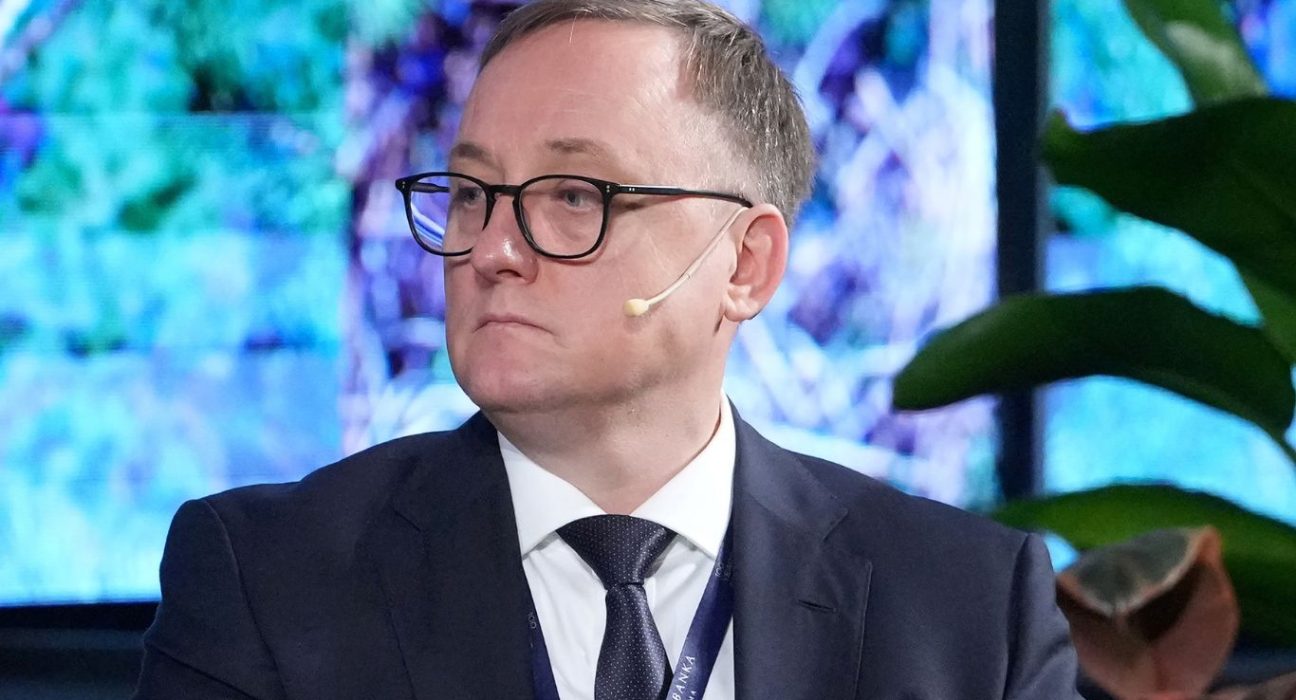Introduction
In a recent statement, European Central Bank (ECB) policymaker Peter Kazimir emphasized the need to address stubbornly high inflation in the Eurozone. He proposed a measured approach of raising the policy rate by 25 basis points at the upcoming policy meeting. This article explores Kazimir’s stance, the rationale behind it, and the implications for the Eurozone’s economic landscape.
The Persistence of High Inflation
Peter Kazimir pointed out that inflation in the Eurozone has remained surprisingly resilient, consistently exceeding the ECB’s target of around 2%. This persistent inflationary pressure has raised concerns within the central bank, prompting discussions on the appropriate monetary policy response.
Kazimir’s Preferred Approach
Kazimir’s preferred course of action is to raise the policy rate by 25 basis points at the next policy meeting. However, he also expressed the possibility of taking a break in September and, if necessary, delivering another 25 basis point increase in October or December. This cautious approach is rooted in the belief that inflation expectations have remained excessively high and need to be reined in.
Analyzing Kazimir’s Proposal
Kazimir’s proposal reflects a delicate balance between addressing inflation and avoiding any drastic disruptions to the economy. By opting for a gradual rate increase, he aims to mitigate the risk of an abrupt shock to financial markets and economic activity.
Inflation Expectations
One key driver of Kazimir’s stance is the persistence of elevated inflation expectations. Consumers and businesses have grown accustomed to high inflation rates, which can become a self-fulfilling prophecy. By gradually raising interest rates, Kazimir hopes to signal the ECB’s commitment to curbing inflation and anchoring expectations closer to the 2% target.
Economic Impact
The proposed rate hike, if implemented, could have several economic implications. Firstly, it might help cool down the overheating housing markets in some Eurozone countries. Low interest rates have fueled housing price surges, and a gradual rate increase could ease this pressure.
Secondly, a more substantial interest rate hike might be needed if inflation continues to persist above the target. Kazimir’s approach allows for flexibility in responding to evolving economic conditions, reducing the need for sudden, aggressive policy moves.
Market Response
Financial markets are likely to closely monitor the ECB’s decisions in the coming months. The prospect of higher interest rates could impact bond yields, exchange rates, and stock markets. Investors may adjust their portfolios in anticipation of changes in monetary policy.
Global Context
Kazimir’s approach also needs to be seen in the context of global economic conditions. Central banks around the world are facing similar challenges related to inflation and monetary policy. Coordination and communication between central banks can influence international capital flows and exchange rates.
Conclusion
ECB policymaker Peter Kazimir’s proposal to gradually raise the policy rate by 25 basis points reflects the ongoing challenge of addressing stubbornly high inflation in the Eurozone. His cautious approach aims to strike a balance between taming inflation and avoiding economic disruptions. It also acknowledges the importance of managing inflation expectations to anchor them closer to the 2% target. As the ECB navigates these complexities, financial markets and global economic conditions will remain closely intertwined with its decisions.










